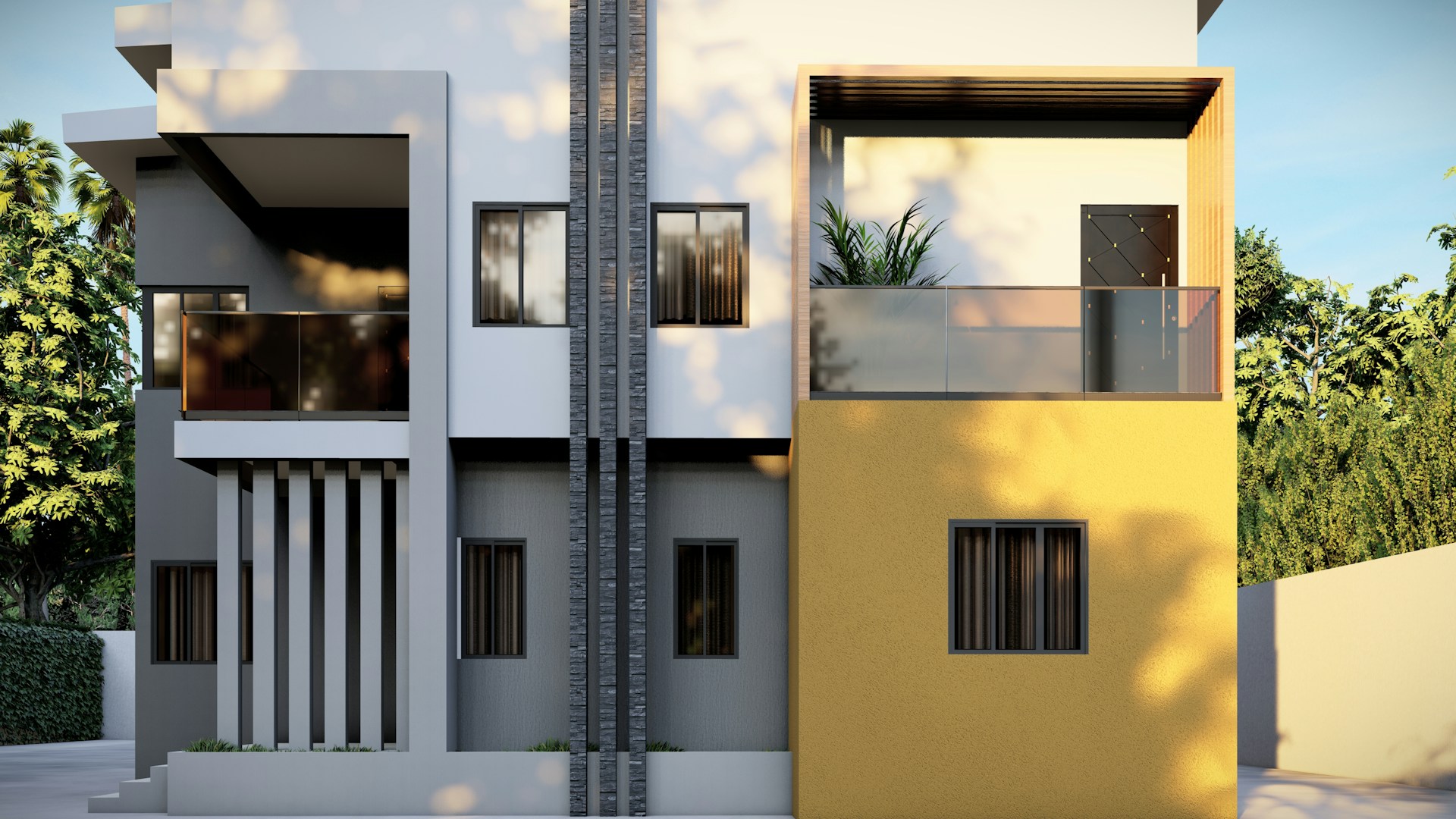

Understanding the Duplex: A Two-Family Home
A duplex offers a unique housing solution, providing two separate living units within a single building. This configuration creates appealing opportunities for both homeowners and investors. Whether you envision living in one unit and renting the other or generating income from both sides, understanding the nuances of duplex ownership is important. This exploration delves into the advantages and disadvantages, financial considerations, and legal aspects of duplex living, providing a complete overview of this versatile housing option.
Advantages of Duplex Living
Duplexes present several benefits, often surpassing those of traditional single-family homes. For instance, the potential for rental income allows owners to offset mortgage costs, sometimes even covering the entire payment. Duplexes provide flexibility, accommodating extended family, creating a home office, or generating additional income. From an investment perspective, duplexes can appreciate significantly over time, building long-term wealth.
Click here for more information on Orangeville realtors
Related Article: What is a Duplex in Canada?
Related Article: What Separates Duplexes?
Related Article: What are the Pros and Cons of a Duplex?
Related Article: What are the Different Types of Duplexes?
Financial Aspects of Owning a Duplex
Financing a duplex differs slightly from financing a single-family home. Lenders frequently view duplexes as investment properties, leading to stricter lending criteria and potentially higher interest rates. Property taxes and insurance premiums for duplexes are typically higher than those for single-family homes. Carefully analyzing potential rental income and associated expenses can demonstrate the long-term financial benefits of duplex ownership.
Related Article: What is a Semi-Duplex House?
Related Article: Is Duplex the Same as Semi-Detached?
Related Article: Are Townhouses and Duplexes the Same Thing?
Mortgage Considerations for Duplexes
Securing a mortgage for a duplex often requires a larger down payment and a higher credit score compared to a single-family home. Lenders may consider the potential rental income when evaluating loan applications. Conducting thorough research and comparing various loan options is essential for securing favorable mortgage terms.
Tax Implications of Duplex Ownership
Duplex ownership offers certain tax advantages. For example, owners can deduct expenses related to the rental unit, such as property taxes, insurance, and maintenance costs. Depreciation of the property can also offer tax benefits over time. Consulting with a tax advisor is advisable to maximize these potential deductions and benefits.
Related Article: What is the Difference Between a Duplex and a Townhouse in Canada?
Related Article: Are Duplexes Good Rental Properties?
Related Article: Is a Duplex a Good Real Estate Investment?
Legal and Regulatory Considerations
Owning and operating a duplex entails navigating specific legal and regulatory requirements. Zoning laws dictate where duplexes can be built and may impose restrictions on their size and design. Landlord-tenant laws govern the relationship between owners and renters, outlining responsibilities and protections for both parties. Understanding these legal frameworks is important for avoiding potential disputes and ensuring compliance.
Zoning and Building Codes
Before purchasing or building a duplex, thoroughly researching local zoning ordinances is essential. These regulations specify permitted uses for the property and dictate building height, setbacks, and parking requirements. Adhering to building codes ensures the safety and structural integrity of the duplex, requiring inspections at various stages of construction or renovation. Working closely with local authorities throughout the process is paramount.
Landlord-Tenant Laws
Landlord-tenant laws govern various aspects of the rental relationship, including lease agreements, security deposits, and eviction procedures. These laws also outline the responsibilities of landlords for maintaining habitable living conditions. Familiarizing oneself with these regulations safeguards both landlords and tenants and ensures a smooth and legally compliant rental experience.
Managing a Duplex: Responsibilities and Best Practices
Successfully managing a duplex demands effective communication and efficient operations. Regular communication with tenants ensures prompt address of concerns and fosters positive landlord-tenant relationships. Implementing a systematic approach to maintenance, including preventative measures and timely repairs, preserves the property’s value and enhances tenant satisfaction. Finally, maintaining accurate financial records streamlines tax preparation and provides insights into the investment’s performance.
Conclusion
Duplexes offer a unique and potentially lucrative housing option. By weighing the advantages and disadvantages, understanding the financial considerations, and navigating the legal landscape, individuals can make informed decisions about whether duplex ownership aligns with their goals. While managing a duplex presents certain challenges, the potential rewards, including rental income and long-term appreciation, make it an attractive investment for many. Careful planning and thorough research are essential to successfully navigate the intricacies of duplex ownership and maximize its benefits. Prospective duplex owners should consider all facets presented within this discussion to fully grasp the complexities and opportunities associated with this versatile housing solution.


